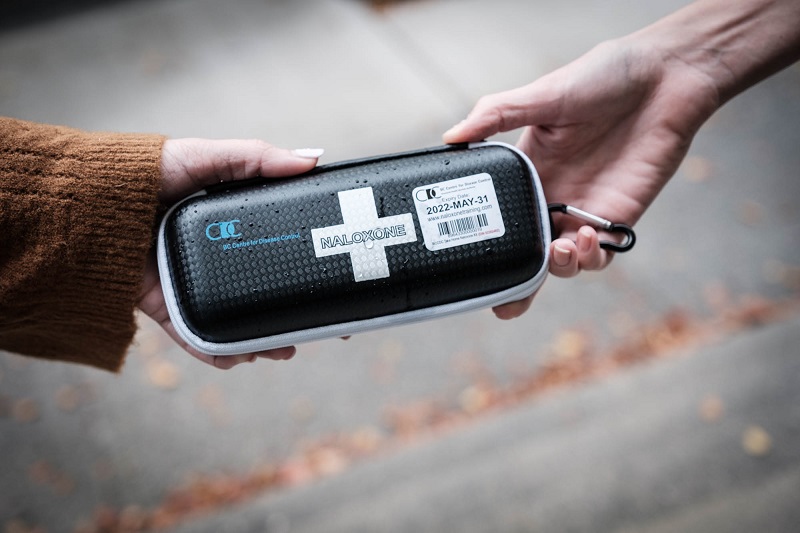B.C. sees more than 60% increase in overdose deaths in the month of March
With as increase in both fatal and non-fatal overdoses, BCCDC is reminding people who use drugs to not use alone.
According to data from the BC Coroners’ Service and the BC Centre for Disease Control (BCCDC) illicit drug toxicity deaths have increased 61 per cent in March 2020 (113) compared to February 2020 (70).
“Now more than ever, we are encouraging people to not use alone and either buddy up or access their local overdose prevention services,” says Dr. Jane Buxton, harm reduction lead at BCCDC. “We understand the challenges people who use drugs face on a daily basis and the additional stresses COVID-19 brings, but I want to reach out and let them know that there are services available to help and that we care.”
Although work is still in progress to determine the reasons behind this increase, the dramatic changes to society as the result of COVID-19 may play a role. Since March 22, there has been a sustained increase in both fatal and non-fatal overdoses being reported.
“The harm reduction and treatment strategies in place since 2016 are effective at reducing overdose deaths,” says Margot Kuo, epidemiologist, overdose surveillance, BCCDC. “Any changes to those services and systems due to COVID-19, including changes to the illegal drug supply chain, make it even harder to stay safe.”
It is important to remember physical distancing does not mean social isolation. Local Overdose Prevention and Supervised Consumption services (SCS) are open, safe and here to help during COVID-19.
To address the compounded risks of COVID-19 and overdose for people who use substances, new prescribing guidelines allow access to safer alternatives.
Continuing essential social services while integrating public health principles to minimize transmission of COVID-19
- The Provincial Health Officer’s order of no gatherings with more than 50 people is intended to apply to one-time, entertainment, community and social events.
- Overdose prevention sites and supervised consumption sites are exempt from the Provincial Health Officer’s order of no gatherings, as they are clinical spaces providing essential services. Service delivery should continue as much as possible.
Buddy up
- Buddy up when you are using. COVID-19 is passed by droplets. Stay 2m (6.5 ft) from your buddy to avoid passing the virus. Using with a buddy is safer than using alone.
- Find your “buddies” who can bring you food, harm reduction supplies, medicine, and substances so that you can stay well. You can also be a buddy to those who may need extra support. Check in on your buddies regularly.
When responding to an overdose in the community
- When responding to an opioid overdose there is a risk of infection, particularly if rescue breaths are given without protective equipment. This is why each Take Home Naloxone kit contains gloves and a CPR face shield. The risk of infection is low relative to the very high risk of brain injury or death during an overdose. Taking basic precautions will minimize the risk of infection of both the person who overdoses and the responder.
-
Stimulate – put on gloves and try and rouse the person, encourage them to take big breaths. If no response:
- call 9-1-1
- Administer naloxone early – if needed give two doses
- Provide rescue breaths to restore oxygen to the brain and administer additional naloxone as needed Anyone not responding to the overdose should leave the room or immediate area
-
When using a take home naloxone kit or facility overdose response box:
- Use the face shield/breathing barrier to give rescue breaths
- Use gloves
- The face shield has a one-way valve and large impermeable area which protects the responder from respiratory secretions.
- After responding dispose of the face shield before taking off the gloves and wash/clean hands thoroughly.
Learn more
- Harm reduction and overdose response tips during the COVID-19 pandemic
- To learn more about the Take Home Naloxone program, including where to get a kit, visit Toward The Heart.
- For a list of BC overdose prevention sites in BC, visit the site finder.
- Talk to your doctor about ways to reduce the need to purchase substances, or experience withdrawal. Click here for more information.
























Comments